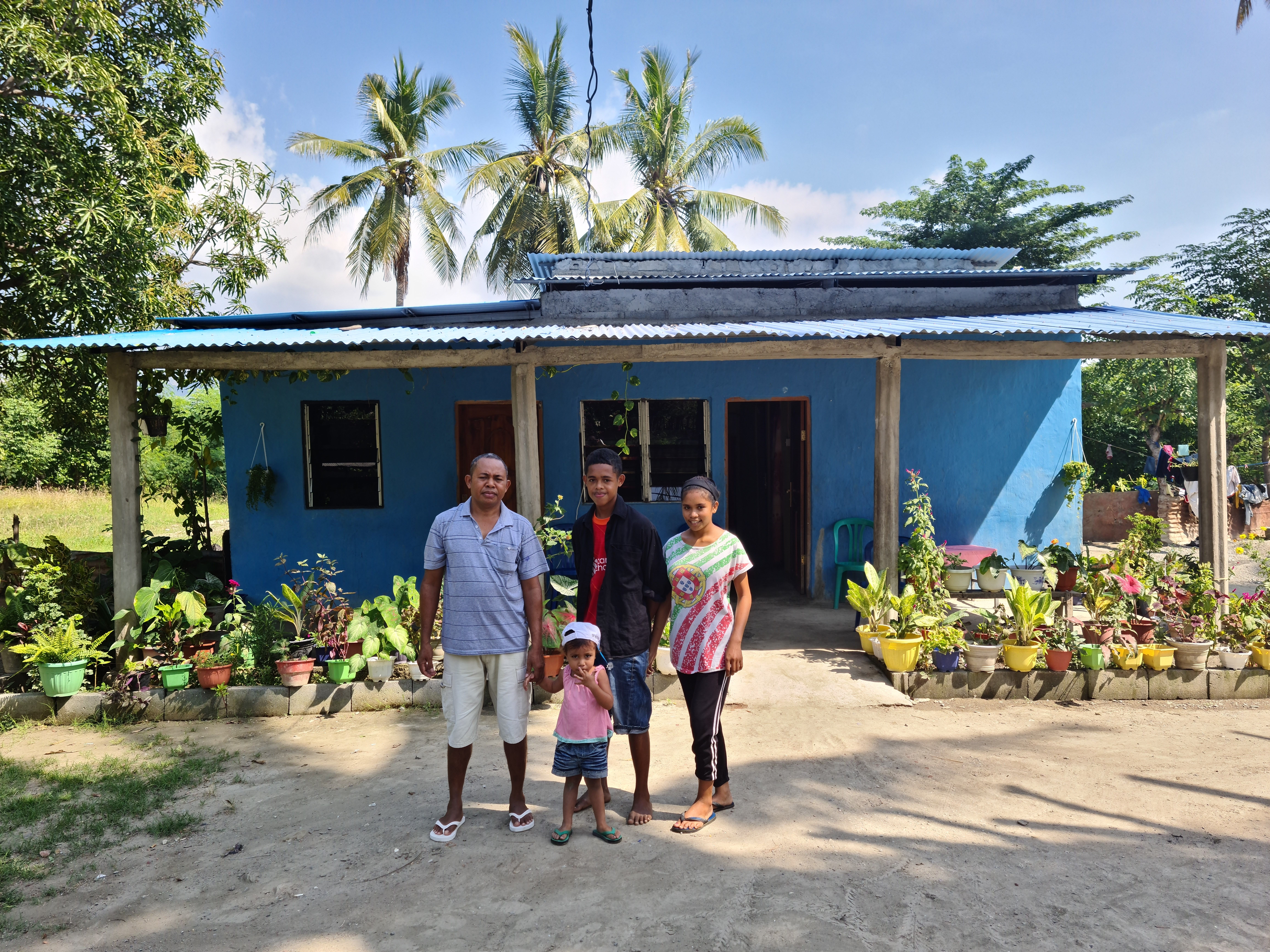Action on Poverty CEO shares an industry insight into the transformative potential of nations building long term partnerships to restore global progress towards the United Nations’ Sustainable Development Goals (SDGs).
In a world grappling with systemic development issues, the recently unveiled 2023 Sustainable Development Report paints a concerning picture – none of the United Nation’s seventeen Sustainable Development Goals is on track for global achievement by 2030. Despite this concern, Action on Poverty encourages nations to view this regression as an opportunity for reflection, growth, and renewed determination towards a sustainable future.
Implemented by the United Nations in 2015 as a blueprint for a better and more sustainable future, the SDGs were introduced to address pressing global challenges. Fast forward eight years, latest insights from this report reveal a concerning reality – a mere 18 per cent of the goals are progressing as planned or have been accomplished, while 15 per cent are experiencing setbacks. This equates to more than two-thirds of the seventeen goals facing stagnation and insufficient progress.
As the trusted partner for changemakers making a better world, Action on Poverty has championed partnership opportunities globally for the past fifty years. Now, AOP CEO Brayden Howie is speaking out on the broader issues at play given the alarming results of this report and how nations can get back on the pathway to meeting these goals.
“As an organisation committed to driving long-term change, we believe that the Sustainable Development Goals serve as a critical framework for global progress towards a sustainable future. However, it’s important to recognise that these goals alone do not capture the full complexities and nuances of the challenges our nations are grappling with. While the status of the goals may appear discouraging, it is imperative that nations do not lose heart but rather view them as a call to action,” shares Howie.
“Effective and collaborative partnerships are the bedrock upon which sustainable change is built. The lasting impact comes from listening, learning, and working hand in hand with those most affected by the challenges we seek to overcome. By fostering relationships grounded in trust, empathy, and shared goals, we are unlocking transformative change on a global scale.”
Howie attributes the organisation’s profound understanding of the pivotal role played by partnerships in driving long-term change to be at the heart of their operations. AOP has cultivated a wealth of expertise and experience in fostering collaborative endeavours that bring about sustainable transformation by bridging the gap between vulnerable communities, local NGOs, government entities, and members of society advocating for change.
This partnership approach allows them to effectively navigate the complexities of international development and ensures that their initiatives are rooted in the needs and aspirations of the communities they serve. Through their commitment to inclusivity and cooperation, AOP has become a driving force in creating innovative solutions and lasting impact.
“The Sustainable Development Goals are rooted in the shared values of unity, compassion, integrity, and honesty. If nations cooperate and help only to the extent that it is self-serving, naturally, others will do the same. By joining like-minded organisations, nations can pool their resources, share knowledge, and foster innovative solutions to address poverty and inequality. We are more powerful together than apart,” Howie continues.
Through their successful partnerships with organisations such as the World Mosquito Program, Community Technology Development Organisation (CTDO) and The Foundation for the Peoples of the South Pacific, Kiribati, Action on Poverty has witnessed firsthand the remarkable impact of collective action. These alliances have bolstered community development plans, provided clean water and sanitation access, and catalysed progress in various critical areas.
A notable example of this progress is AOP’s partnership with local Timorese NGO PRADET to overcome the region’s underlying social and economic factors contributing to mental health issues. The Timor-Leste socio-economic empowerment program aims to assist women who are survivors of domestic violence to build their businesses and improve their quality of life.

The program has successfully increased community awareness of gender roles and the impacts of domestic violence, reaching over 423 individuals across six municipalities. Additionally, mental health support and livelihood training have been provided to over 100 inmates in two Timorese prisons, ensuring holistic support and sustainable reintegration into society.
“Through our partnerships, we are witnessing the power of making small impacts that have far-reaching effects on SDGs related to health, education, sustainable livelihoods, and more. These remarkable examples of progress serve as a beacon of hope and underscore the profound truth that when nations wholeheartedly embrace partnerships, prioritising the collective well-being of all, even the smallest actions can lead to transformative change that is not only possible but truly achievable,” highlights Howie.
